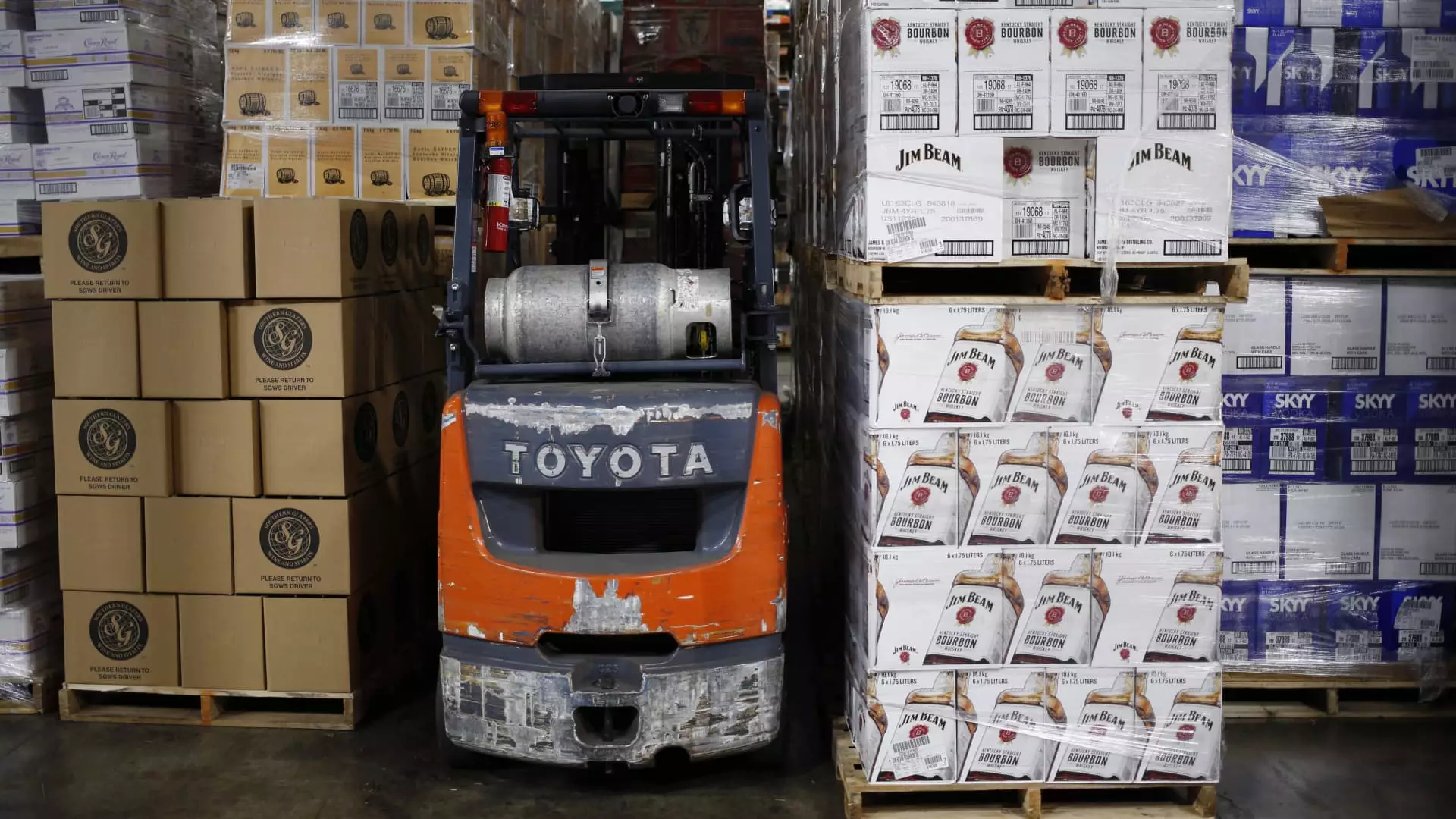In a significant move that could reshape the landscape of the beverage distribution industry, the Federal Trade Commission (FTC) has initiated legal action against Southern Glazer’s Wine and Spirits, the largest distributor of wine and spirits in the United States. The FTC’s lawsuit claims that Southern Glazer’s engaged in unlawful price discrimination, favoring major retailers such as Costco, Kroger, and Total Wine & More at the expense of local grocers, convenience stores, and independent liquor outlets. With Southern Glazer’s generating revenue in excess of $26 billion in 2023, its influence on market pricing and competition is substantial, raising concerns over the fairness of its practices.
The FTC’s complaint specifies that Southern Glazer’s provided steep discounts and favorable pricing models to large chain retailers, thus undermining smaller businesses’ competitiveness. By allegedly violating the Robinson-Patman Act, which protects small businesses from discriminatory pricing practices, Southern Glazer’s is accused of creating an uneven playing field that restricts smaller sellers’ access to essential market advantages. The implications of these practices are profound: local businesses, which often drive community engagement and provide diverse options for consumers, face dire challenges in maintaining their market position. This favoritism not only limits consumer choice but may also lead to higher prices, should smaller entities be forced to close their doors.
In comments made following the announcement of the lawsuit, FTC Chair Lina Khan emphasized the importance of equitable competition in maintaining a healthy marketplace. Khan stated, “When local businesses get squeezed because of unfair pricing practices, Americans see fewer choices and pay higher prices.” This assertion resonates with many who advocate for market integrity and consumer rights. By holding large distributors accountable, the FTC aims to restore fairness and ensure that businesses of all sizes can compete effectively.
The ramifications of this lawsuit extend beyond Southern Glazer’s and its immediate business practices. It serves as a crucial reminder to the industry about the importance of compliance with competitive laws. The distribution sector, particularly in the wine and spirits market, could face increased scrutiny from regulatory bodies in the future. Smaller distributors and retailers may find themselves reassessing their pricing strategies and relationships with suppliers to mitigate risks associated with potential infringements of the law.
The outcome of this legal action could redefine industry standards and encourage a more equitable distribution of market advantages. If the FTC succeeds, it could pave the way for more robust enforcement of fair pricing policies, benefitting small businesses and local communities across the nation.
The allegations brought forward by the FTC highlight a pivotal moment in the ongoing struggle for fair market practices, reminding all stakeholders of the need for vigilance against monopolistic tendencies and pricing injustices within the marketplace. This case could very well signal the resurgence of regulatory oversight in sectors dominated by a few powerful players, fostering a more diverse and competitive retail landscape.


Leave a Reply